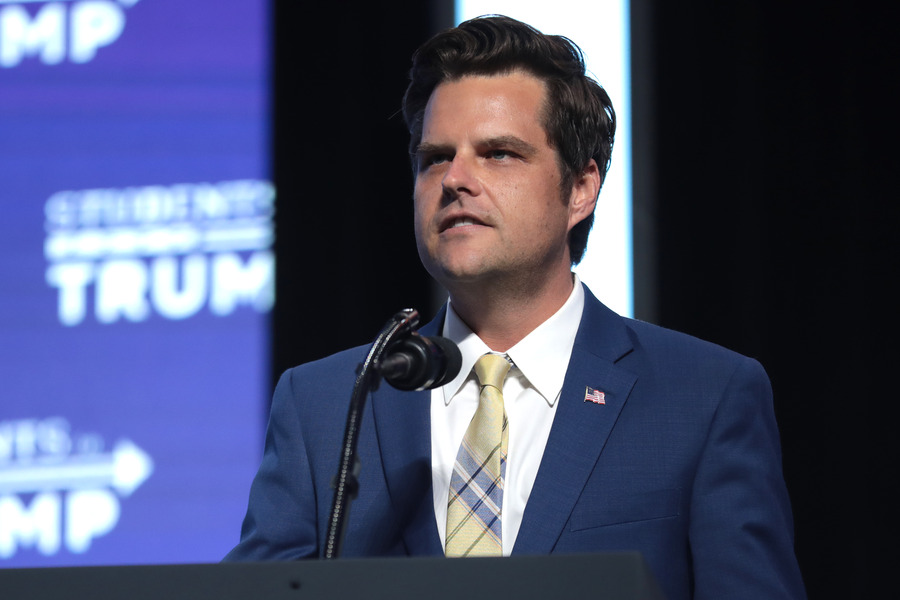Executive Discretion and Immigration Law
Earlier this week Ben posted his own thoughts on the President's exercise of prosecutorial discretion in the enforcement of our immigration laws. Now, we have the DOJ OLC opinion justifying the President's actions, and a preliminary response from Gabriel Malor. I am sure that much ink
Published by The Lawfare Institute
in Cooperation With

Earlier this week Ben posted his own thoughts on the President's exercise of prosecutorial discretion in the enforcement of our immigration laws. Now, we have the DOJ OLC opinion justifying the President's actions, and a preliminary response from Gabriel Malor. I am sure that much ink will be spilled regarding the topic in coming days (I may even spill some myself). For me, however, the most notable aspect of the OLC opinion (and, in fact, the entire corpus of the debate) is in fn.8 of the opinion on p. 18. [Important stuff is always in footnotes!]. It says:
Before DACA was announced, our Office was consulted about whether such a program would be legally permissible. As we orally advised, our preliminary view was that such a program would be permissible, provided that immigration officials retained discretion to evaluate each application on an individualized basis. We noted that immigration officials typically consider factors such as having been brought to the United States as a child in exercising their discretion to grant deferred action in individual cases. We explained, however, that extending deferred action to individuals who satisfied these and other specified criteria on a class-wide basis would raise distinct questions not implicated by ad hoc grants of deferred action. We advised that it was critical that, like past policies that made deferred action available to certain classes of aliens, the DACA program require immigration officials to evaluate each application for deferred action on a case-by-case basis, rather than granting deferred action automatically to all applicants who satisfied the threshold eligibility criteria.And that, it seems to me, captures the issue nicely -- is prosecutorial discretion a categorical power or is it one we expect to be implemented on a case-by-case basis? Notably, the footnote seems to suggest that OLC has changed its mind on the topic, as its earlier oral advice seems to have been against the deferred action proposals of the President.
Paul Rosenzweig is the founder of Red Branch Consulting PLLC, a homeland security consulting company and a Senior Advisor to The Chertoff Group. Mr. Rosenzweig formerly served as Deputy Assistant Secretary for Policy in the Department of Homeland Security. He is a Professorial Lecturer in Law at George Washington University, a Senior Fellow in the Tech, Law & Security program at American University, and a Board Member of the Journal of National Security Law and Policy.


-(1).jpeg?sfvrsn=143eb65_5)
.jpg?sfvrsn=d5e57b75_5)

